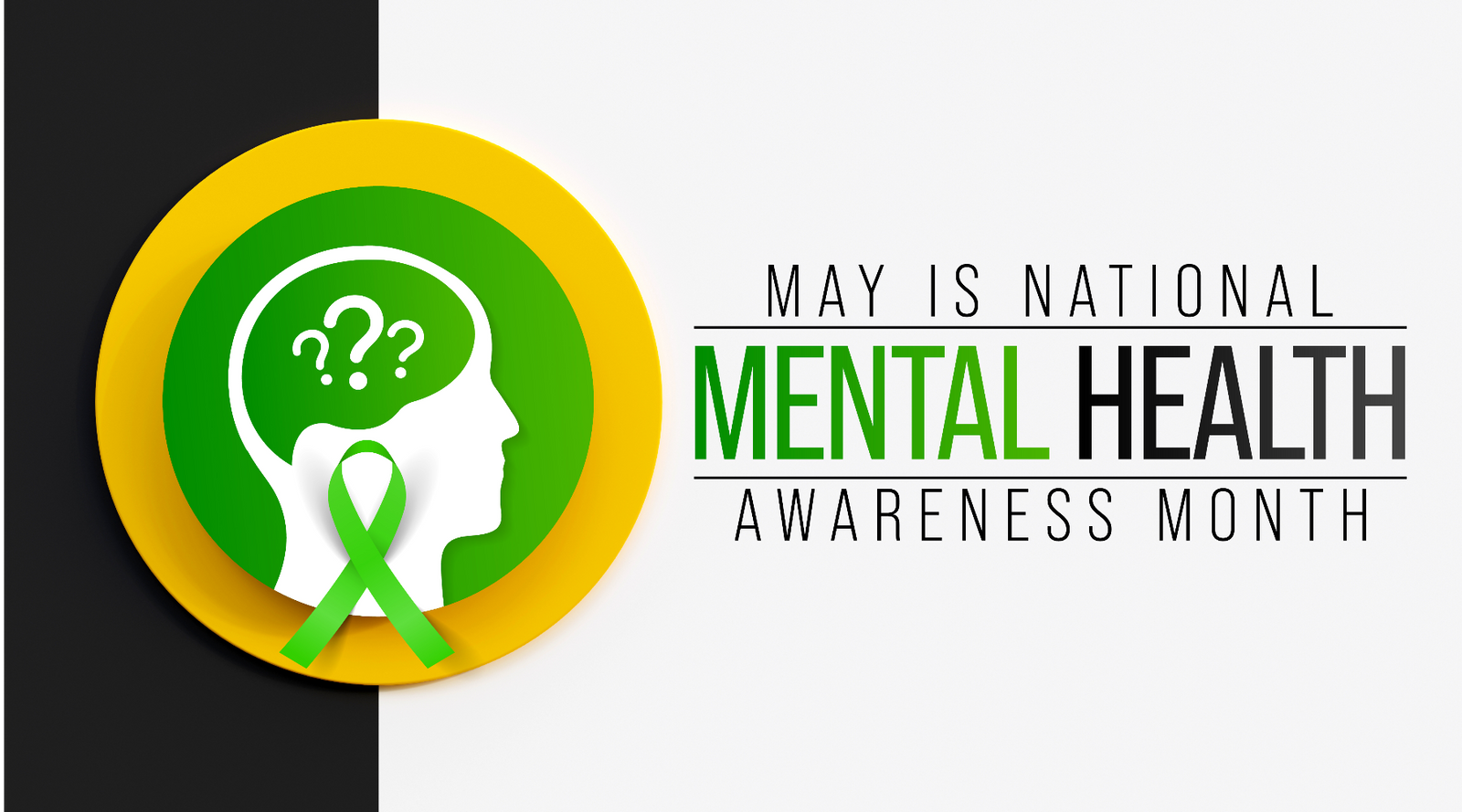Mastering Mental Health and Emotional Wellness in a Rapidly Changing World

Mastering Mental Health and Emotional Wellness in a Rapidly Changing World
Previous generations have all experienced change but none as rapidly as what is happening now! Rapid technological advancements, shifting societal norms, and an increasingly globalized economy have transformed the way we live, work, and communicate. This fast-paced environment demands adaptability, resilience, and agility, making mental health awareness and emotional wellness more important than ever. It's crucial to recognize mental and emotional well-being’s impact on productivity, interpersonal relationships, and overall quality of life. This article explores the significance of mental health awareness and emotional wellness, the unique challenges faced by professionals amid this unprecedented era of change, and the steps you can take to nurture these areas in your life.
The Significance of Mental Health Awareness and Emotional Wellness
Mental health is a holistic concept that encompasses emotional, psychological, and social well-being. It influences how you think, feel, and act, playing a pivotal role in your ability to cope with stress, relate to others, and make sound decisions. Emotional wellness, on the other hand, refers to your capacity to identify, express, and manage emotions in a healthy way. Both elements are interconnected and essential for leading a balanced and fulfilling life.
Prioritizing mental health and emotional wellness has numerous benefits, including increased self-esteem, improved relationships, greater resilience, and enhanced decision-making abilities. Additionally, focusing on mental health can help prevent the onset of mental disorders like anxiety and depression, which are increasingly common in today's fast-paced world.
Unique Challenges Faced by Professionals in a Rapidly Changing World
As a professional navigating the complexities of today's world, there are specific factors that can negatively impact your mental health and emotional wellness:
- Career pressure: The desire to excel in your career and achieve professional success can lead to long working hours, increased stress, and a lack of work-life balance.
- Financial stress: Managing debt, saving for a home, or planning for a family can contribute to financial stress and impact mental health.
- Social media: The constant comparison to seemingly perfect lives on social media platforms can lead to feelings of inadequacy, anxiety, and depression.
- Relationship dynamics: Navigating romantic relationships, friendships, and family connections can be challenging and may lead to emotional turmoil if not addressed properly.
Steps to Improve Mental Health and Emotional Wellness
To nurture mental health and emotional wellness in your life, consider taking the following steps:
- Educate yourself: Read books, attend workshops, or watch videos to increase your mental and emotional wellness knowledge. This can help you better understand your own emotions and identify potential mental health concerns in yourself or others. Tip: Popular books on emotional wellness include “Emotional Intelligence by Daniel Goleman and “The Gifts of Imperfection” by Brené Brown.
- Seek professional help: Consult a mental health professional such as a therapist, counselor, or psychiatrist if you’re experiencing persistent emotional difficulties or suspect you may have a mental health issue. Tip: Websites like Psychology Today can help you find mental health professionals.
- Develop a support network: Cultivate strong relationships with friends, family, and colleagues by engaging in meaningful conversation, sharing experiences, and offering encouragement. Tip: Regularly schedule time to connect with loved ones, whether it’s a weekly phone call or a monthly dinner.
- Practice self-care: Incorporate regular self-care activities into your routine. Examples include exercise (e.g., jogging or yoga), healthy eating (e.g., consuming balanced meals with plenty of fruits and vegetables), sufficient sleep (aiming for 7 - 9 hours per night), and relaxation time (e.g., meditating, reading, or taking a bath).
- Cultivate emotional intelligence: Enhance your emotional intelligence through self-reflection (e.g., journaling about your emotions), empathy (e.g., actively listening to others and validating their feelings), and effective communication (e.g., using “I” statements to express your emotions). Tip: Consider joining a local support group or participating in online forums to develop emotional intelligence in a safe, supportive environment.
- Set boundaries: Establishing personal and professional boundaries can help maintain a healthy work-life balance, reduce stress, and promote emotional wellness. Examples include setting designated work hours, avoiding work-related discussions during personal time, and learning to say “no” when necessary. Tip: Communicate your boundaries clearly to friends, family, and colleagues, and be assertive in maintaining them.
Conclusion
In a rapidly changing world, mental health awareness and emotional wellness are crucial to your overall well-being and success. By understanding their importance and taking proactive steps, such as educating yourself, seeking help when needed, building strong support networks, practicing self-care, cultivating emotional intelligence, and setting boundaries, you can foster a happier, healthier life for yourself and those around you. Remember that mental health and emotional wellness are ongoing processes that require consistent attention and effort. Just as you invest time and energy in your career and personal growth, it’s essential to dedicate resources to nurturing your mental and emotional well-being.


Leave a comment